Zoltán Lomnici Sr., president of the Council of Human Dignity (Emberi Méltóság Tanács) turned to Marija Pejčinović Burić, Secretary General of the CoE, in a letter after serious conflict-of-interest allegations emerged regarding numerous rulings from the ECHR.
Certain judges took part in decision-making while having links to members of the trial who could gain either financially or politically from the results of the conviction.
As we’ve reported, shocking results were published by the European Center for Law and Justice (ECLJ) based in Strasbourg. These results shed light on the fact that 22 of the 100 judges at the European Court of Human Rights (ECHR), also headquartered in Strasbourg, had verifiable, direct ties to organizations supported by George Soros, American billionaire. The seven organizations specifically mentioned in the study received enormous amounts of money since the 80s from the Open Society Foundation which Soros has supported with more than thirty billion dollars over the decades.
Among these 22 judges is the Hungarian, András Sajó, who is also the founding dean of the Central European University in Budapest.
The study also revealed that since 2009, altogether 185 cases were brought to court with a Soros NGO plaintiff and in 88 cases, judges overseeing cases were directly connected to the NGOs being processed.
Judges tied to the American speculator thus had something to gain when complaints were fulfilled because member states would pay significant damages, thereby greatly benefitting Soros.
The study also showed that Sajó, who was an ECHR judge from 2008 to 2017, took part in numerous Strasbourg cases against the Hungarian state. He was also one of the judges ruling on the proceedings initiated by Miklós Hagyó and György Hunvald when the two socialists sued the Hungarian state because they didn’t think Hungarian prison conditions were good enough; the politicians eventually received millions in damages. András Sajó was one of the decision-makers in the famous redstar-lawsuit (vöröscsillag-per) when the court ruling ordered Hungary to pay compensation to communist politician, Attila Vajnai.
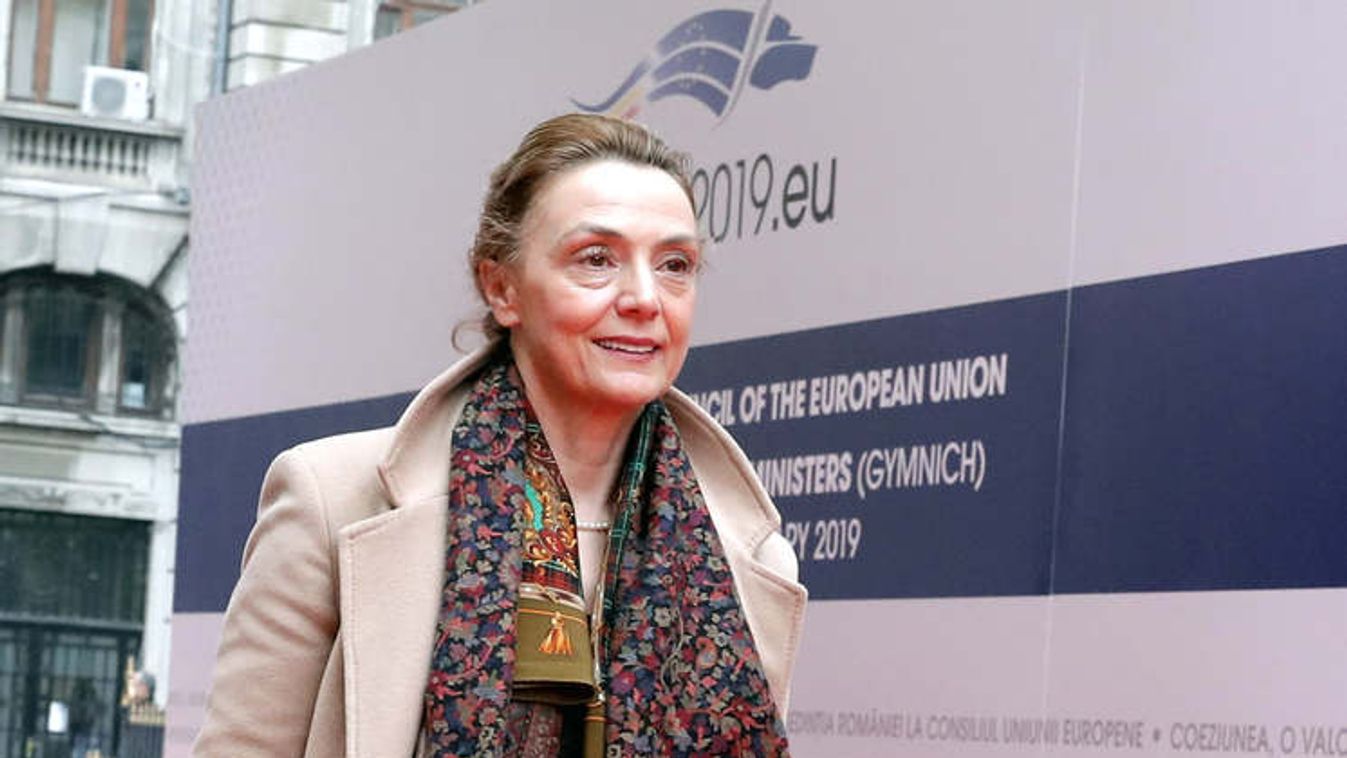


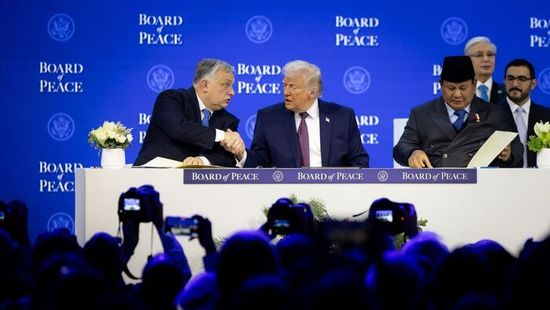


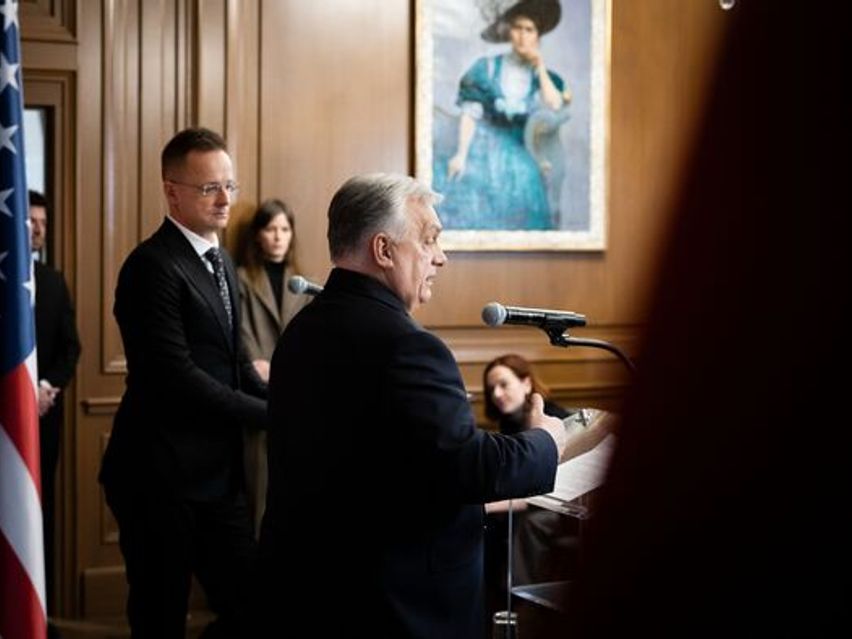
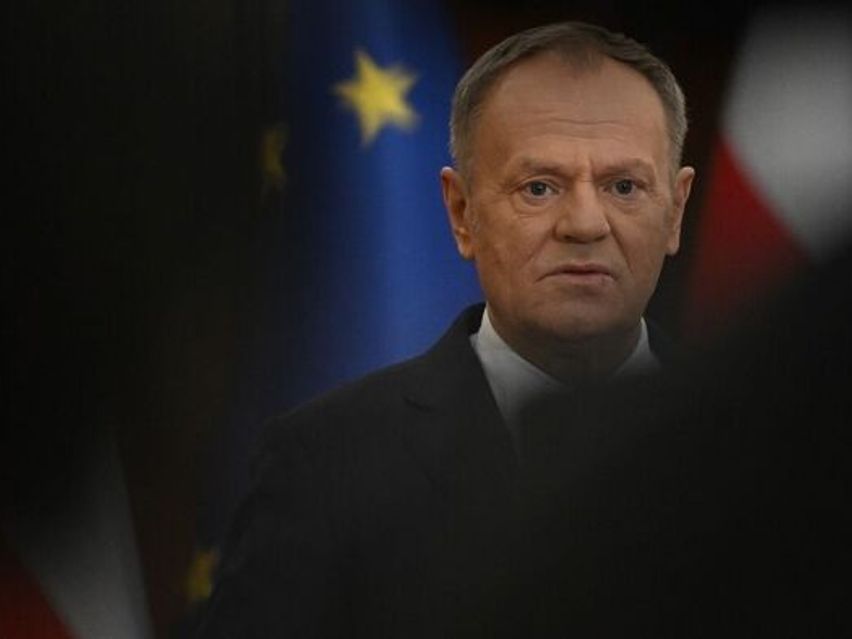
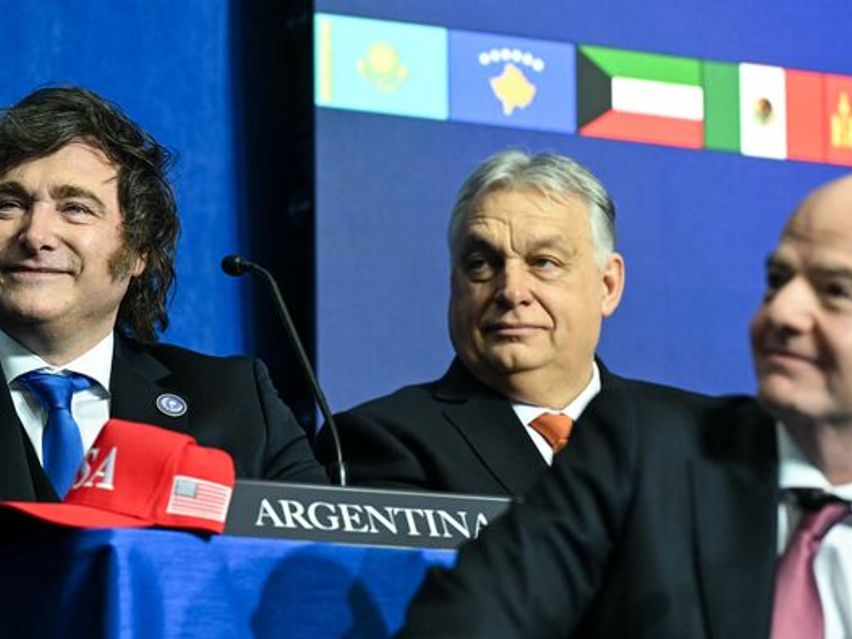
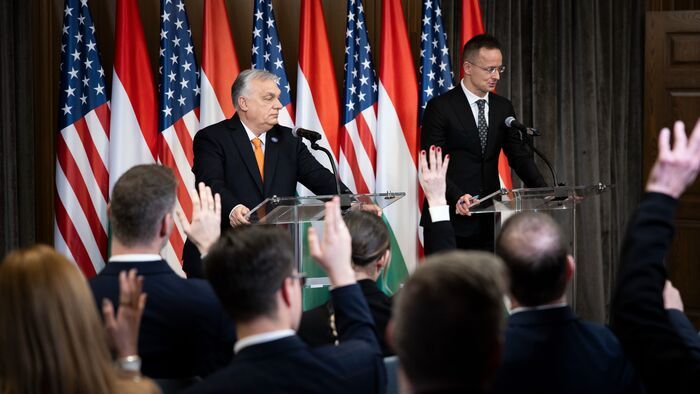

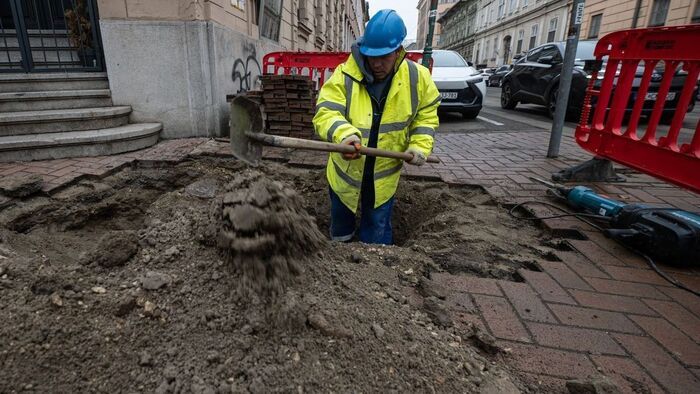



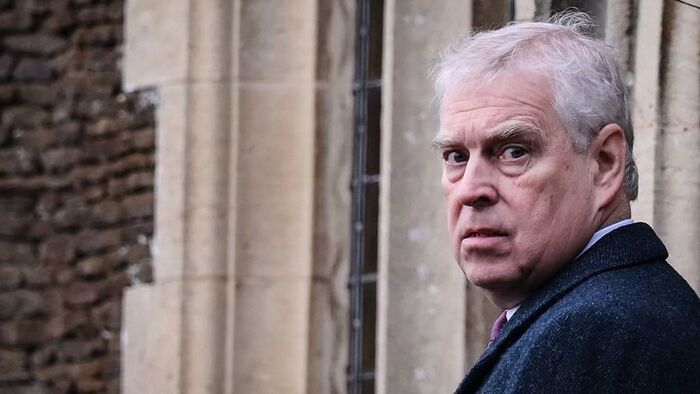
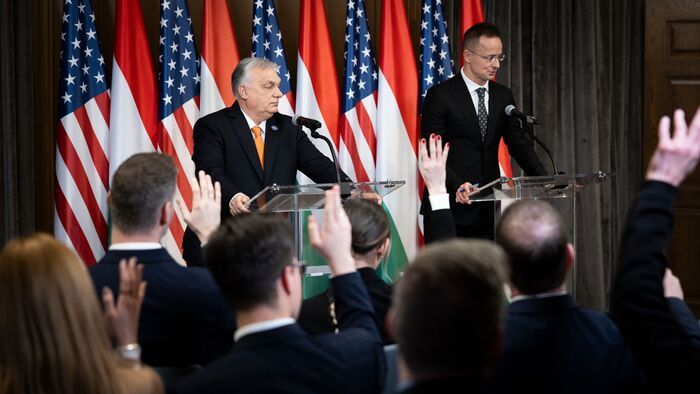
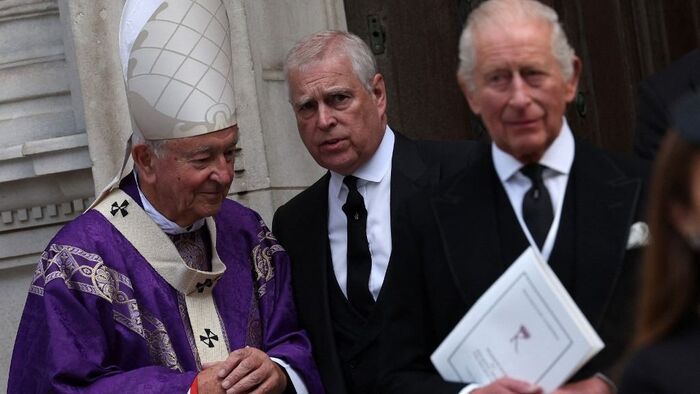


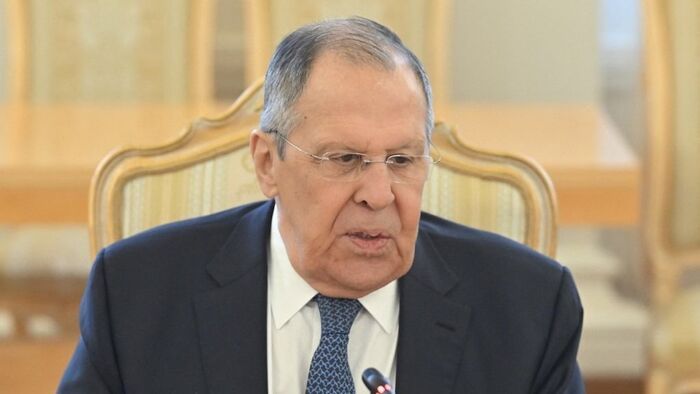


Szóljon hozzá!
Jelenleg csak a hozzászólások egy kis részét látja. Hozzászóláshoz és a további kommentek megtekintéséhez lépjen be, vagy regisztráljon!